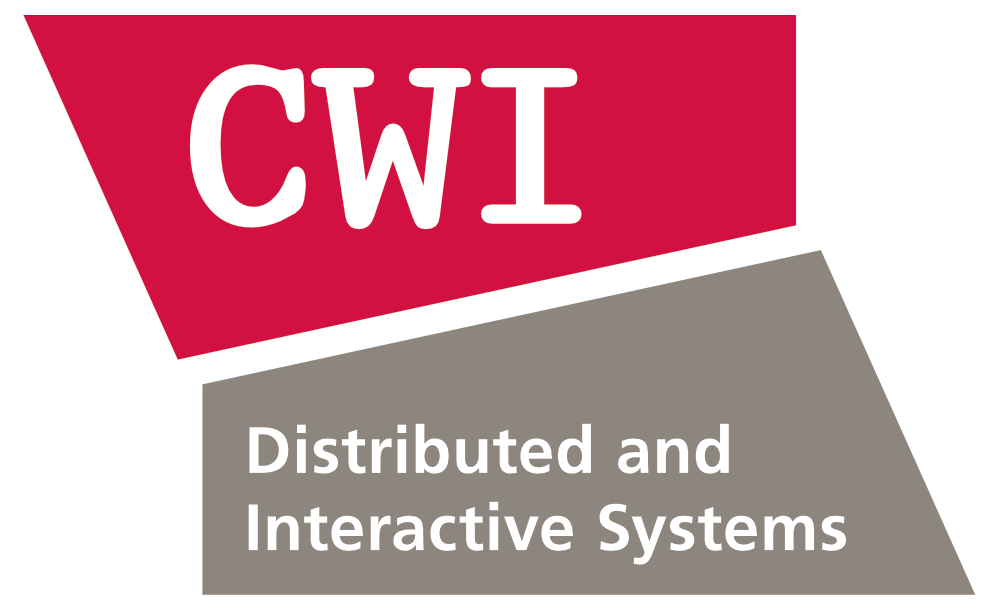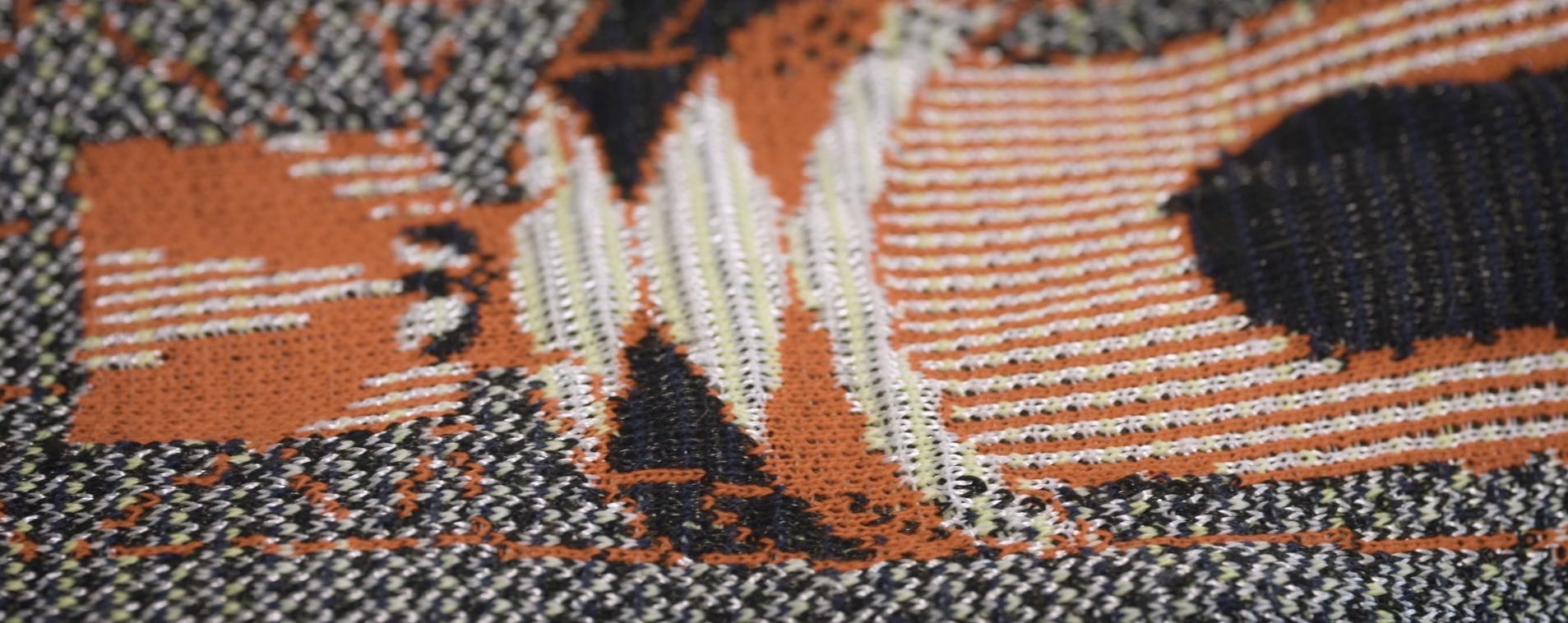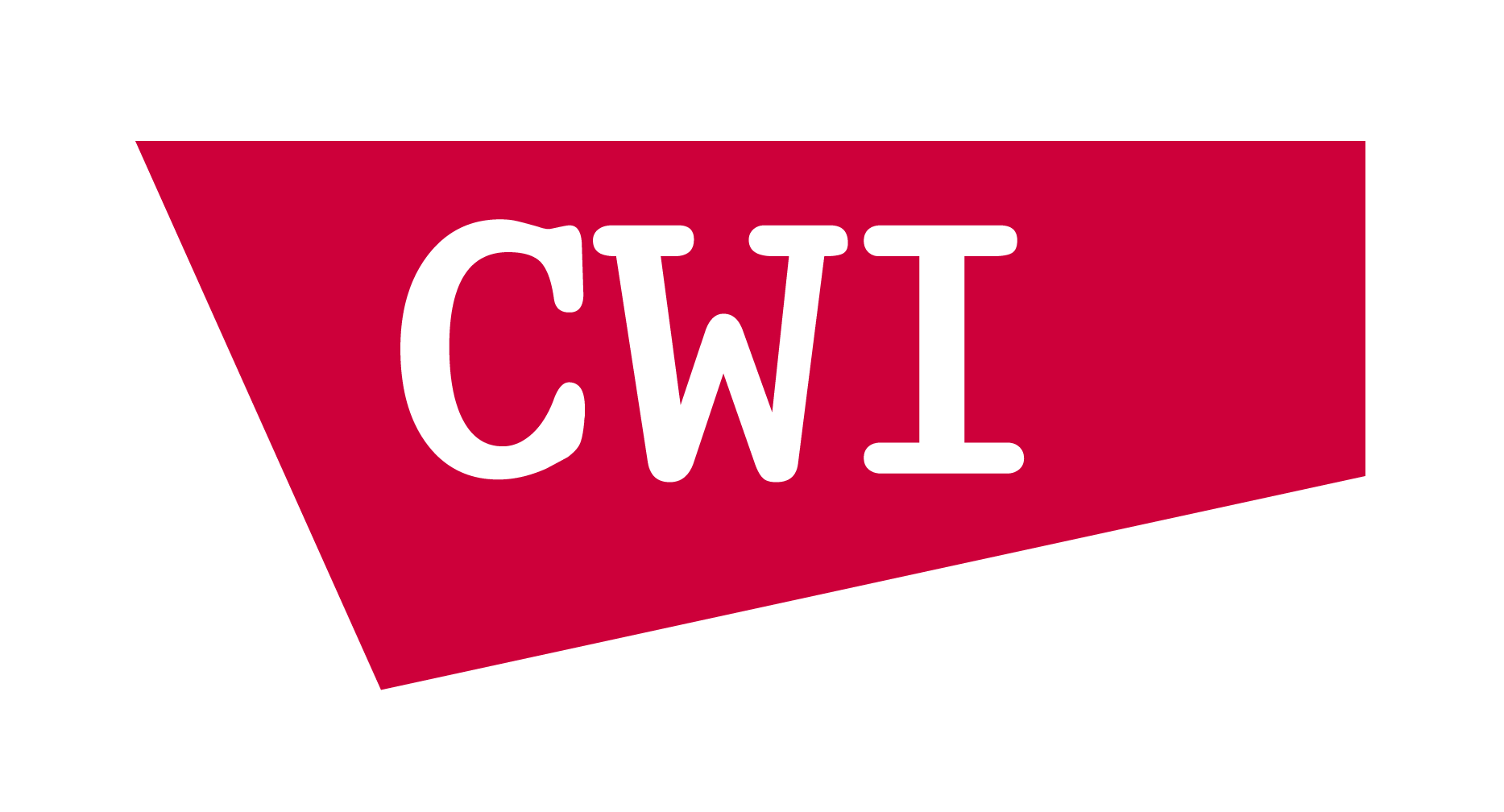DIS Starts Two Projects on Digital Humanities: TRACTION and MediaScape

Publication date: 2020-02-10
The Distributed and Interactive Systems (DIS) group at Centrum Wiskunde & Informatica (CWI) has obtained two projects in the area of digital humanities, at the crossroads between human-computer interaction and humanities: MediaScape and TRACTION. MediaScape is a Public-Private project, together with Sound and Vision (Nederlands Instituut voor Beeld en Geluid), researching innovative interaction technologies for providing enriched access to cultural collections. TRACTION is a project partially funded by the European Commission under the call “DT-TRANSFORMATIONS-11-2019: Collaborative approaches to cultural heritage for social cohesion”, exploring how Opera can use digital tools for enabling social transformation.
MediaScape will explore novel mechanisms for making audiovisual content more approachable, accessible, and understandable in context. Instead of generic application and interfaces, it will design and implement an innovative infrastructure that can better realize the full potential of cultural heritage collections. In particular, the project will bridge between the audience and the collection, through an immersive exhibition where visitors can directly interact with the digital items. The project will last for 18 months and the consortium includes CWI, het Nederlands Instituut voor Beeld en Geluid, and Dropstuff.
Opera uses all the visual and performing arts to create extraordinary worlds of passion and sensibility. It is rightly recognized as a great achievement of European culture. And yet a form that once inspired social and artistic revolutions is often seen as the staid preserve of the elite. With rising inequality and social exclusion, many see opera — if they think of it at all — as symbolic of what is wrong in Europe today. TRACTION aims to change that using opera as a path for social and cultural inclusion, making it once again a force for radical transformation. We do not want to make opera palatable to those who don’t attend. We want to define new forms of artistic creation through which the most marginalized groups (migrants, the rural poor, young offenders and others) can work with artists to tell the stories that matter now. By combining best practices in participatory art with digital technology’s innovations of language, form and process, we will define new approaches to co-creation and innovate in three fields: a) Opera creation and production; b) Immersive and interactive digital media; and c) Social integration and community development. Experimental projects in inner-city Barcelona (ES), a youth prison in Leiria (PT) and rural communities in Ireland will test and share new ideas.


